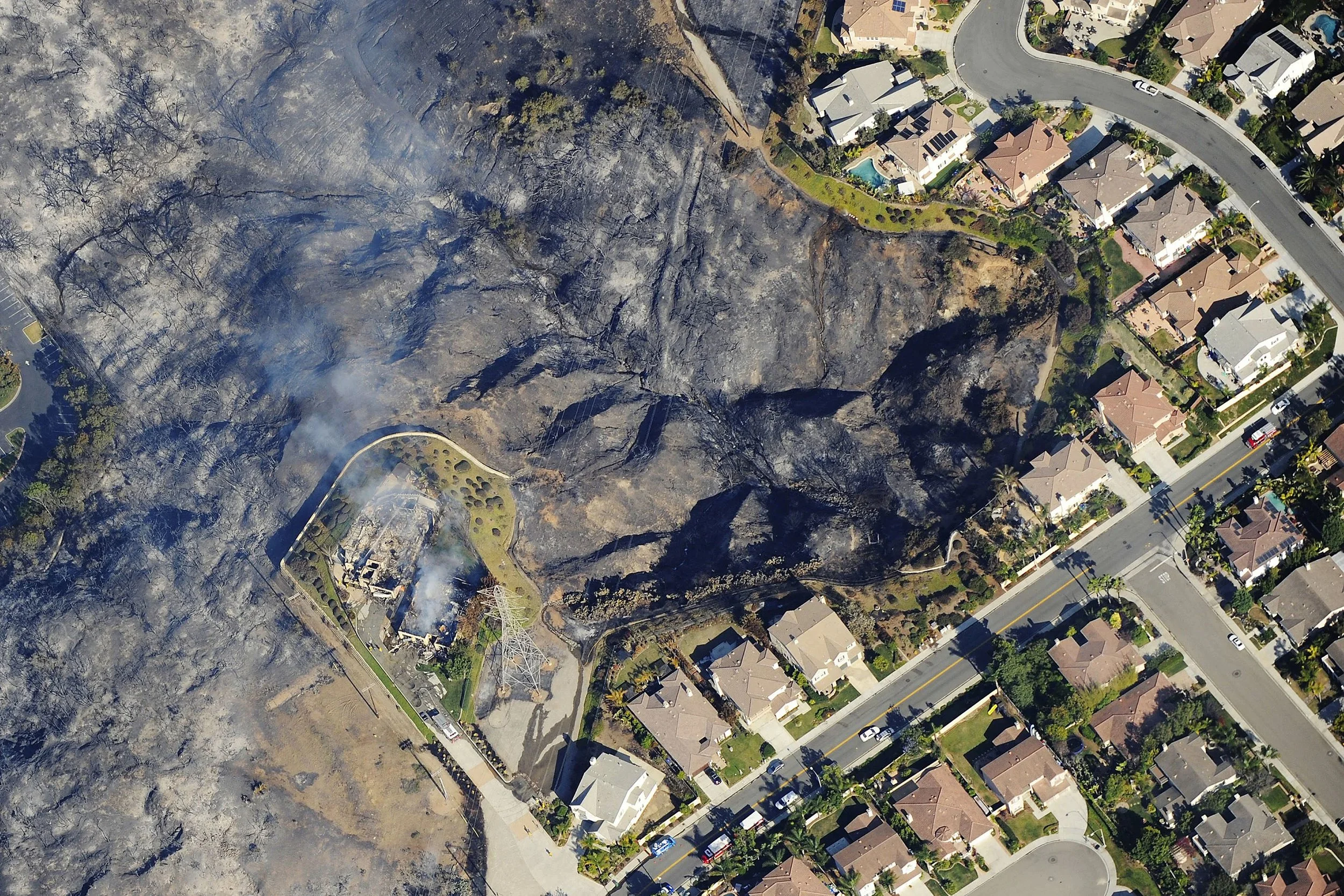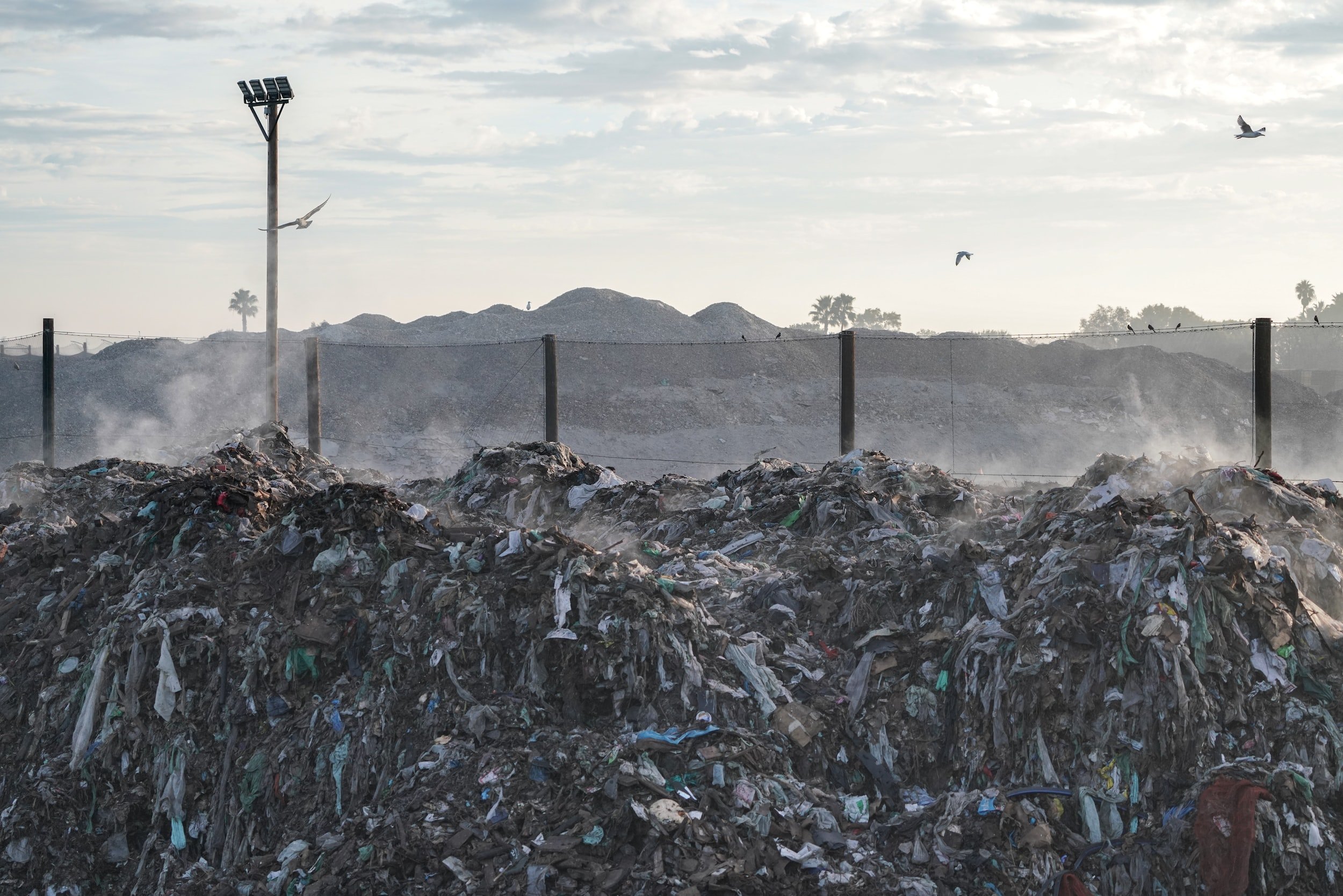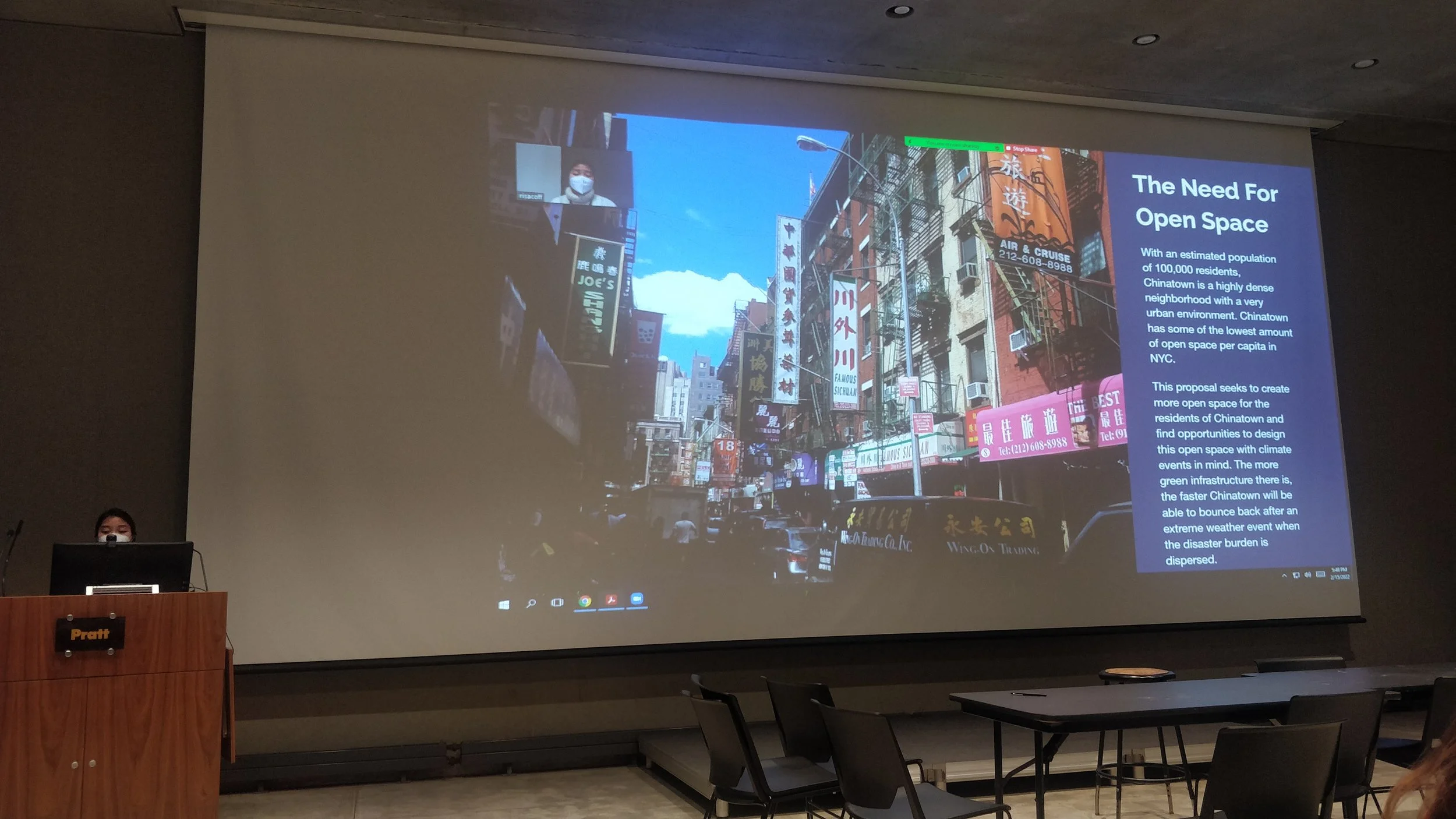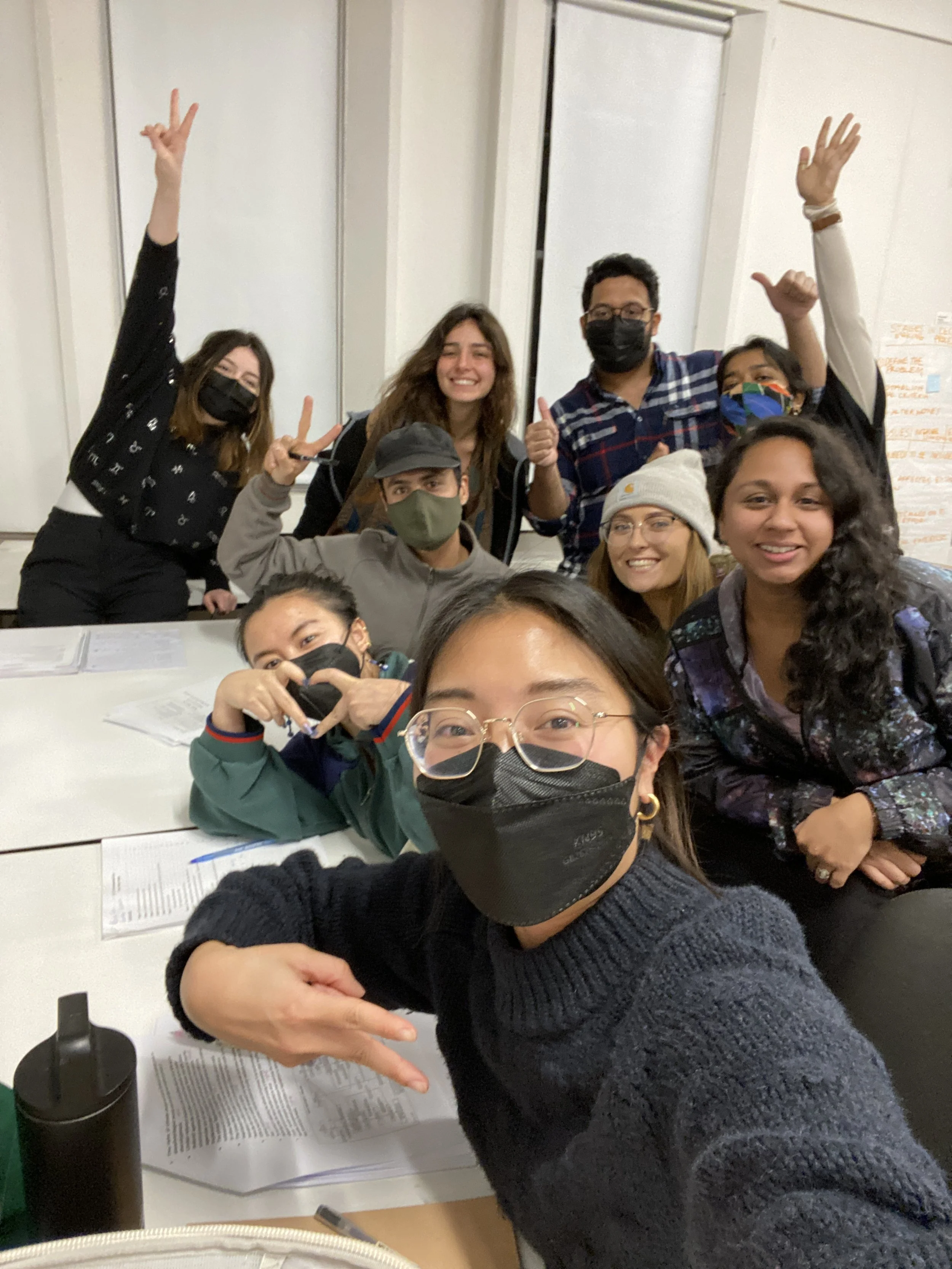
Pratt Institute, Graduate Center for Planning and the Environment.
Master of Science, Sustainable Environmental Systems
Master of Science, Sustainable Environmental Systems
Capstone 2023
Turning Policy Into Progress: The Inflation Reduction Act’s Path to Equitable Home Electrification
This research is the culminating graduate project demonstrating interdisciplinary integration, applied learning, research and analysis, and communication of knowledge acquired in the Master of Science, Sustainable Environmental Systems program.
Courses
Green Infrastructure Advanced Studio
Spring 2023
The primary focus of this green infrastructure design/build studio was to equip students with hands-on experience in both the technical and policy dimensions of implementing nature-based solutions in urban settings. Through a series of design modules, site visits, and collaborative build days, we partnered with residents of The Hole—also known as the Jewel Streets—in Brooklyn, a historically underserved neighborhood facing chronic flooding and soil contamination. Our work centered on developing community-informed green infrastructure strategies to support dialogue with NYC's Department of Environmental Protection. We focused specifically on soil remediation, proper stormwater drainage, and the potential daylighting of a buried creek to restore ecological function and improve climate resilience across the neighborhood.
Location: The Hole, Brooklyn, NY
Client: East New York Community Land Trust (ENY CLT)
Students: Bhavini Kapur, Syed Nabil, Jerome Nathaniel, Radhika Patel, Nia Starr, Omer Topaz, Fransini Alberto Vasquez
Faculty: Elliott Maltby, Jenna Dublin-Boc Advisor: Amy Motzny
Courses
Japan Study Abroad
Summer 2023
This study abroad program combined research, experiential learning in Tokyo and Kyoto, and the development of innovative design proposals inspired by Japan’s unique environment and the United Nations Sustainable Development Goals. I produced a design proposal seeking to create harmonious, integrated spaces for elderly communities that promote intergenerational interaction, addressing UN SDGs 3, 11, 8, 7.
Final design proposal rendering pictured to the right.





















